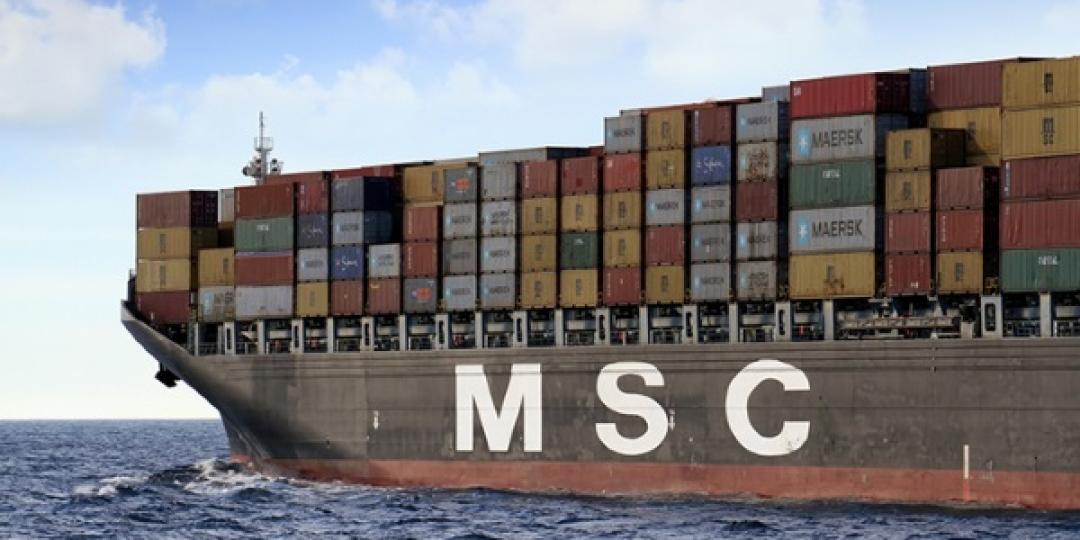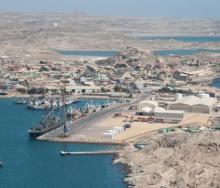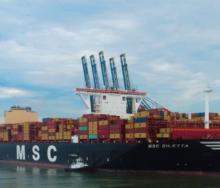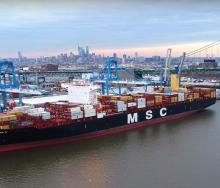A looming US$2 billion bill has prompted the Mediterranean Shipping Company to establish a new pricing mechanism – the Bunker Recovery Charge (BRC) – which it will implement from January 1, 2019 to help it meet the additional costs of the impending Sulphur Cap 2020 regulation.
From January 1, 2020, the International Maritime Organisation (IMO) will prohibit ships from using fuels with a sulphur content above 0.5% – unless they are equipped with exhaust gas cleaning systems, known as scrubbers, to clean up sulphur emissions.
“MSC has estimated that the cost of the various changes we are making to our fleet and its fuel supply is in excess of US$2 billion per year. We have already had to start incurring these costs to be ready for 2020,” said MSC in a note to its customers this week.
A spokesperson highlighted that MSC believed it was “essential to segregate transparently the burden of fuel costs, in order for this cost to be passed on visibly throughout the supply chain”. He added that passing on that cost was also “vital to ensure the sustainable future of the container shipping industry”.
The BRC – which will be transparent to respective trades – will reflect the “true additional cost” that MSC will incur as a result of the regulatory changes we all support in order to protect the environment, according to the company spokesperson.
The BRC replaces the current Bunker Contribution (BUC), Fuel Adjustment Factor (FAD) and Emergency Fuel Surcharge (EFS), and largely absorbs other pre-existing fuel-related charges. Charges specifically related to coastal Emission Control Areas (ECAs) will remain in place.













